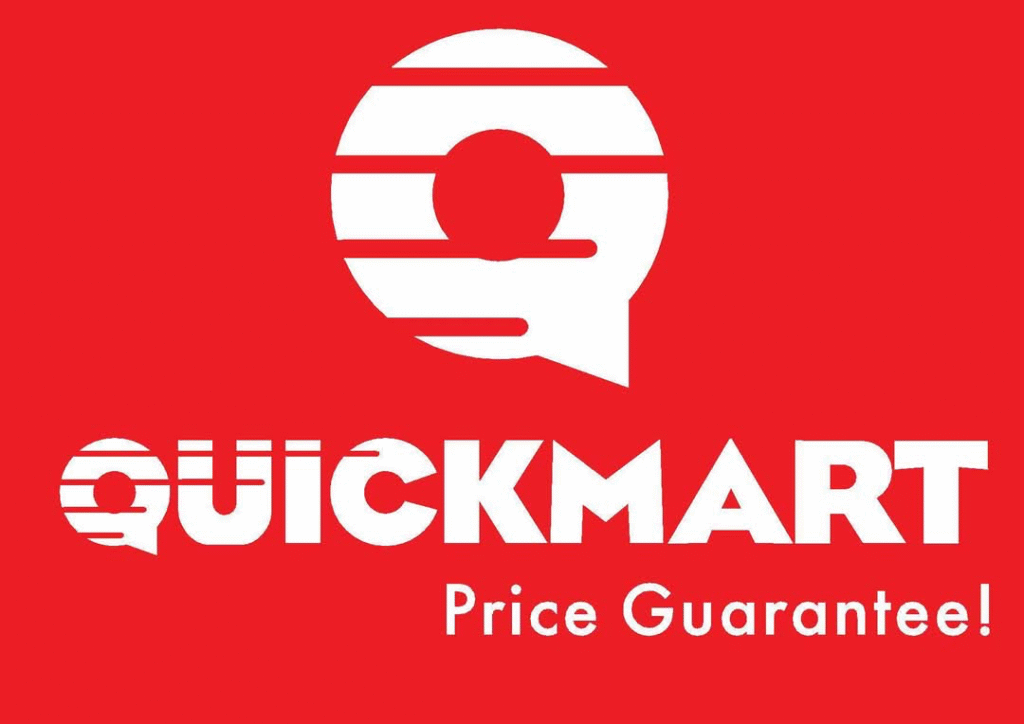The 2025 Financial Times and Statista ranking of Africa’s Fastest-Growing Companies underscores the economic dynamism of the continent, with South Africa and Nigeria leading the pack.
Kenya, while securing a notable presence with fewer than eight companies on the list, ranks third, trailing behind these two powerhouses.
This ranking, which evaluates firms based on their revenue growth from 2020 to 2023, highlights both the achievements and challenges faced by Kenyan firms compared to their African counterparts.
Kenyan Representation
Kenya’s standout performers include Roam Electric AB, M-KOPA Holdings Ltd., Victory Farms Ltd., and Quickmart, among others. These companies span diverse sectors such as electric mobility, fintech, aquaculture, and retail, reflecting Kenya’s growing innovation ecosystem.
For instance, Roam Electric and M-KOPA are leveraging technology to address mobility and financial inclusion, while Victory Farms is scaling sustainable aquaculture.
Quickmart, a supermarket chain, represents Kenya’s expanding consumer retail sector. However, Kenya’s total representation—less than 8 out of 130 companies—pales in comparison to South Africa and Nigeria, which dominate with significantly larger contingents.
Comparison with South Africa and Nigeria
South Africa and Nigeria’s dominance in the ranking is attributed to their larger economies, more developed financial markets, and greater access to capital. South African firms, particularly in technology, finance, and retail, benefit from a robust infrastructure and a mature startup ecosystem. Nigerian companies, many in fintech and energy, capitalize on the country’s vast population and increasing digital penetration.

The article notes that these two nations account for the majority of the 130 listed companies, with their firms often achieving higher revenue growth rates due to scale and market access.
Kenyan firms, while innovative, face structural challenges that limit their numbers on the list. The article suggests that entrepreneurs from smaller markets like Kenya struggle to build a continental presence, unlike their South African and Nigerian counterparts.
Kenya’s economy, though a hub for East African innovation, is smaller, and access to funding remains a bottleneck. For example, Kenyan startups often rely on foreign venture capital, which can be less consistent than the domestic investment pools available in South Africa.

East African Context
Within East Africa, Kenya leads with 17 of the 25 companies listed from the region, including major players like Safaricom PLC, Equity Group, and EABL. These established firms, though not necessarily on the fastest-growing list, provide a strong foundation for Kenya’s economic influence.
However, the article indicates that East Africa as a whole lags behind West and North Africa in producing high-growth companies, with Kenya carrying much of the region’s representation. This disparity highlights the need for greater regional integration and support for smaller markets like Uganda and Tanzania to boost their entrepreneurial ecosystems.
Challenges and Opportunities for Kenyan Firms
Kenyan companies face hurdles such as limited access to capital, regulatory complexities, and competition from larger African markets.
The article points out that the dominance of South Africa and Nigeria underscores the difficulty for firms from smaller countries to scale continentally.
Yet, Kenya’s strengths lie in its vibrant tech scene, often dubbed the “Silicon Savannah,” and its strategic position as an East African gateway. Companies like M-KOPA and Roam Electric demonstrate Kenya’s potential to lead in niche sectors like fintech and green technology.
To compete with South African and Nigerian firms, Kenyan companies need enhanced access to funding, supportive policies, and opportunities for cross-border expansion.
The article’s data suggests that while Kenyan firms are growing, their growth rates and scale are generally lower than those of their counterparts in larger markets. For instance, the absolute revenue growth of top-ranked companies (not specified by country) ranged from €2.5 million to €2.5 billion, indicating that South African and Nigerian firms likely occupy the higher end of this spectrum.







